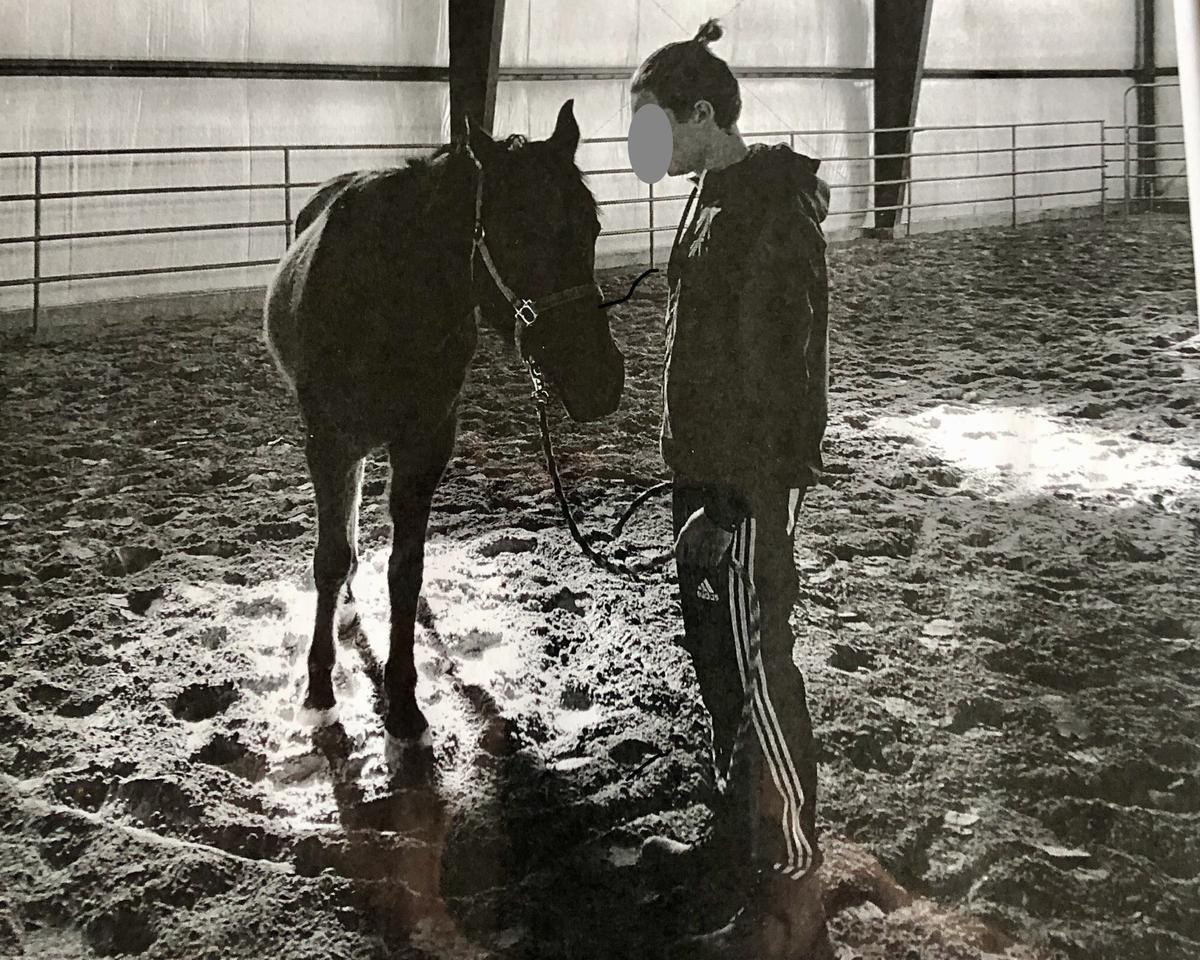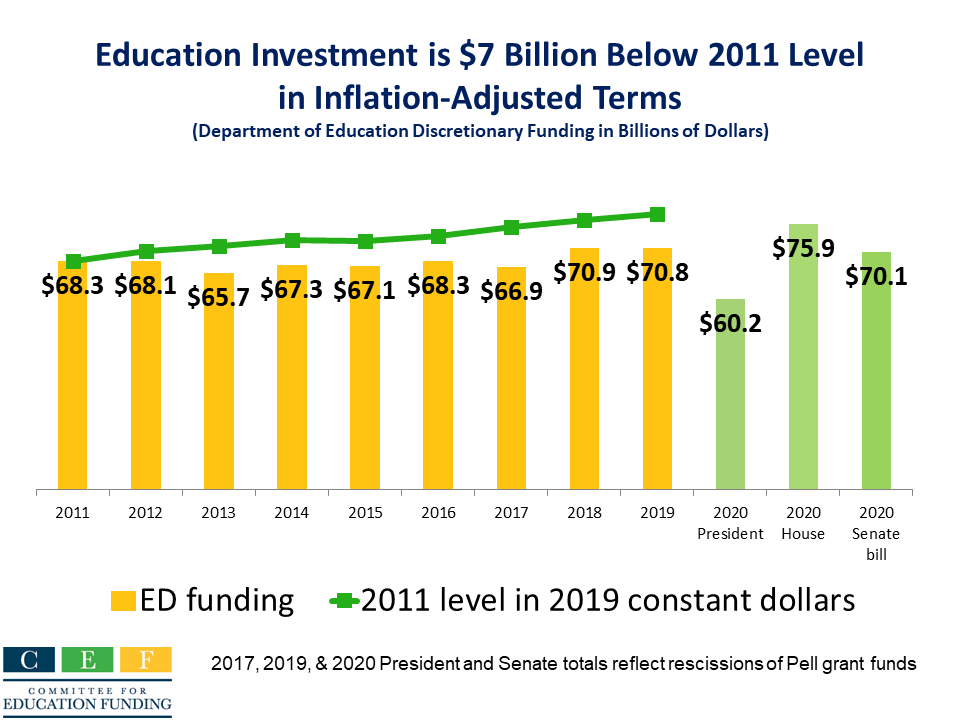Blog last updated on March 1, 2020 at 1:00 p.m.
The Original Articles
Resources from the Federal Government
The Original Articles
- The Quiet Rooms - from Pro Publica/ Chicago Tribune (Click Here)
- The federal government collects data on how often schools seclude children. The numbers don’t add up - from Pro Publica/ Chicago Tribune (Click Here)
- How we reported this story: Creating a first-ever database of thousands of seclusion incidents in Illinois from Pro Publica/ Chicago Tribune (Click Here)
- ‘A mean place’: One school. 21 abuse investigations. And the struggle to stop relying on seclusion and restraint. from Pro Publica/ Chicago Tribune (Click Here)
- The Takedown: Illinois allows schools to physically restrain children. But workers often violated the rules in dangerous ways. from Pro Publica/ Chicago Tribune (Click Here)
Legislative Information
- Thoughts from Rep. Jonathan Carroll (Click Here)
- Proposed Legislation:
- SB 2315 - Senator Gillespie (Click Here)
- HB 3975 - Rep. Carroll (Click Here)
- HB 5326 - Rep. Crespo (Click Here)
Information from ISBE
- Weekly Message from State Superintendent of Schools (Click Here)
- News Release from ISBE (Including Steps for ALL schools to take) (Click Here)
- Emergency Rule making (Click Here)
- Letter from ISBE regarding the new rules (Click Here)
- Comments from State Superintendent at State Board of Education Meeting (Click Here)
- 12/4/2019 - Emergency Amendment to Rules (Click Here) | News Release (Click Here)
- 12/09/2019 - Proposed Permanent Rule (Click Here)
01/02/2020 - Guidance Document (Click Here)(Link removed - see updated version below)- 02/25/2020 - Updated Emergency Rules (third round here) (Click Here)
- 02/25/2020 - Final Rules - sent to JCAR (Click Here)
- 03/01/2020 - Updated Guidance Document (Click Here)
- 03/01/2020 - Updated ISBE Required Form for Reporting Physical Restraint (Click Here)
Guidance and Interpretation from Law Firms
- Engler, Callway, Baasten, & Sraga (Click Here) | Additional Info (Click Here)
- Franczek - (Click Here) | Interpretation - (Click Here) | Additional Info (Click Here) Additional Info (Click Here)
- Hauser, Izzo, Gleason, Petrarca, & Stillman (Click Here) | Additional Info (Click Here)
- Hodges, Loizzi, Eisenhammer, Rodick, & Kohn - (Click Here) | 12/4/2019 - Updated (Click Here) | 2/26/20 Update (Click here)
- Kriha Boucek (Click Here)
- Miller, Tracy, Braun, Funk, & Miller (Click Here) | Interpretation (Click Here) | Updated Information (Click Here)
- Robbins Schwartz (Click Here)
News Articles and Follow Ups
11/21/2019
- Illinois to take emergency action to halt isolated timeouts in schools - Chicago Tribune (Click Here)
- State school board to make emergency rule changes in response to isolation room report - Capitol News (Click Here)
- After report, Illinois officials vow to stop punishing students with solitary confinement - Washington Post (Click Here)
11/22/2019
- Isolated timeouts have been temporarily banned in Illinois schools. What’s next? - Chicago Tribune (Click Here)
- ISBE Asks Families To Report Seclusion, Restraint - NPR (Click Here)
12/5/2019
- A Dreaded Part Of Teachers' Jobs: Restraining And Secluding Students - NPR (Click Here)
- Illinois amends emergency rules, will temporarily allow children to be physically restrained in positions it had banned - Chicago Tribune (Click Here)
- ISBE Rolls Back Restraint Rules - NPR (Click Here
12/11/2019
12/17/2019- Commentary: Limiting use of school ‘quiet rooms’ is not enough. Teachers need training and support. - Chicago Tribune (Click Here)
- As State Rethinks Isolation Rooms, Some Parents Express New Concerns - Chicago Tonight (WTTW) - (Click Here)
01/15/2020
- Illinois Lawmakers Are Calling for a Nationwide Ban on Isolated Timeouts of Students (Pro Publica) - (Click Here)
- Letter from Members of Congress to Secretary Devos on Restraint and Seclusion (Click Here)
02/18/2020
- Illinois Adopts Stricter Rules Against Secluding and Physically Restraining Students in Schools (Pro Publica) - (Click Here)
Resources from IAASE and Other Organizations
- Comments from Kevin Rubenstein at State Board of Education Meeting (Click Here)
- IAASE Comments on Emergency Rules (Click Here)
- CASE Policy on Restraint and Seclusion (Click Here)
- CEC Policy on Restraint and Seclusion (Click Here)
- How Safe Is the Schoolhouse? An Analysis of State Seclusion and Restraint Laws and Policies (Click Here)
- Comments on Proposed Permanent Rules from IAASE (Click Here)
- 2012 Restraint and Seclusion: Resource Document (Click Here)
- 2016 Dear Colleague Letter from OCR on Restraint and Seclusion (Click Here)
- 2020 OCR and OSERS Technical Assistance Webinar (Click Here)




 ISBE is recruiting for volunteers to assist with ILTS revision, s including the Director of Special Education Test and SLP non- teaching test. Some of our members were involved last year and several are willing to serve again. The work will take place during the week of February 17, 2020 in conjunction with the Illinois State Board of Education, Pearson, and others. If you are interested in helping out, please complete
ISBE is recruiting for volunteers to assist with ILTS revision, s including the Director of Special Education Test and SLP non- teaching test. Some of our members were involved last year and several are willing to serve again. The work will take place during the week of February 17, 2020 in conjunction with the Illinois State Board of Education, Pearson, and others. If you are interested in helping out, please complete 




